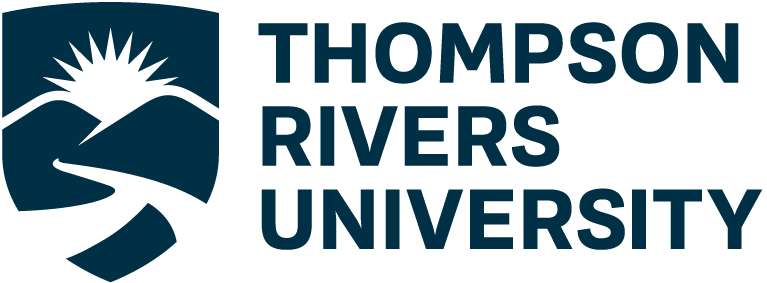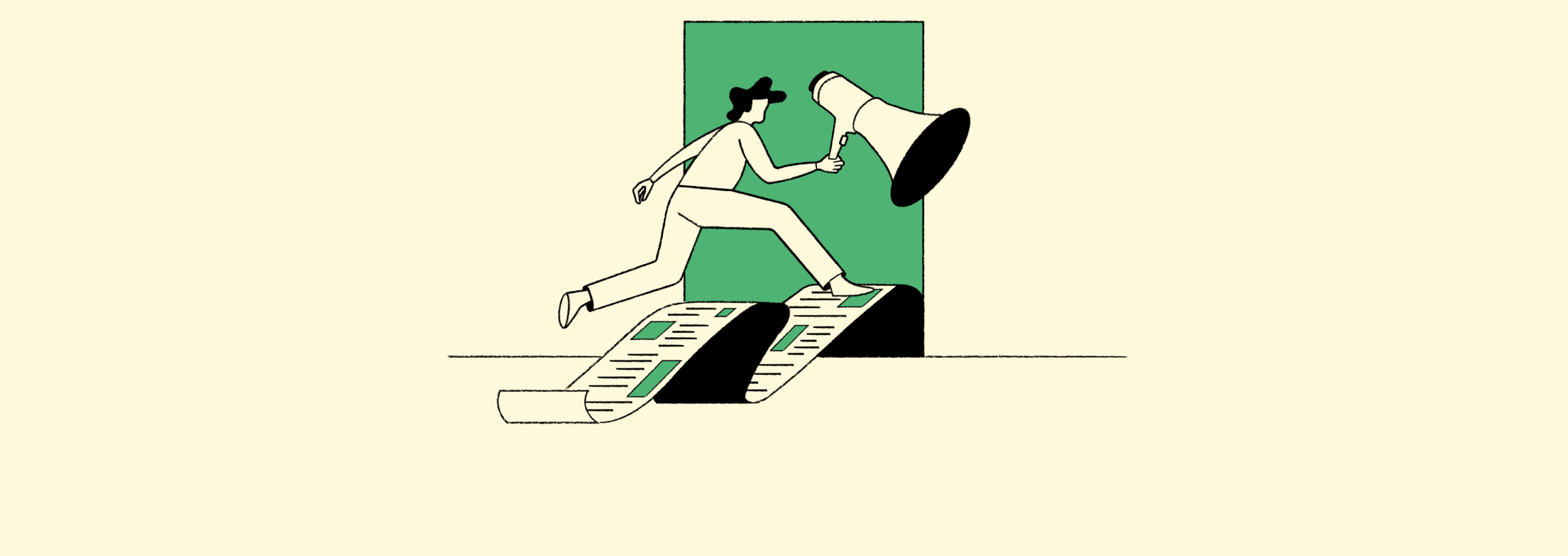BECOME
Become a lifelong learner and share your knowledge.

How do you become a researcher?
In case you haven’t noticed, you already are one – and here’s why: You weren’t born knowing how to use a computer or what the internet is. You had questions along the way, and you had to find your own answers by asking for help from those who might know or by trying things out on your own and seeing what happens!
This is exactly what research is all about: the continuous process of being in touch with your own curiosity, asking questions, figuring things out, and sharing what you learn with others! This last part is particularly important, which is why we made this whole section on becoming a researcher.
CURN | Behind the Research: Lauren Okano
Research takes many forms, take a look at the human behind the research with our Research Ambassadors at Thompson Rivers University, Kamloops BC.
Filming and Editing by CURN Co-Creator: Elliott To, TRU Law


